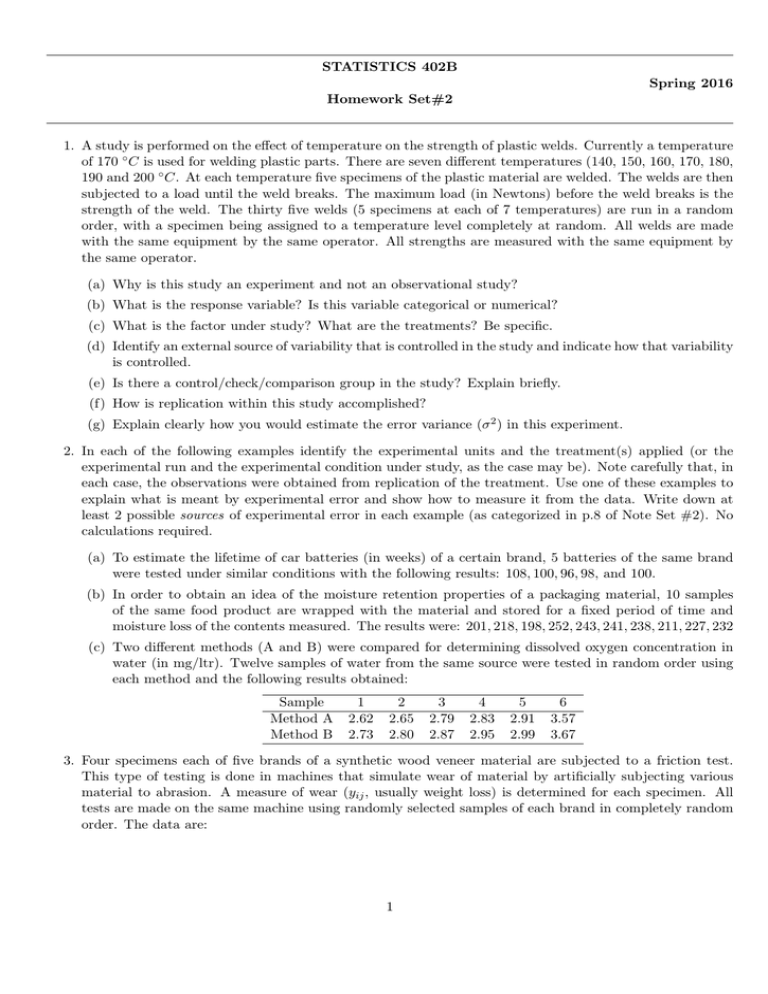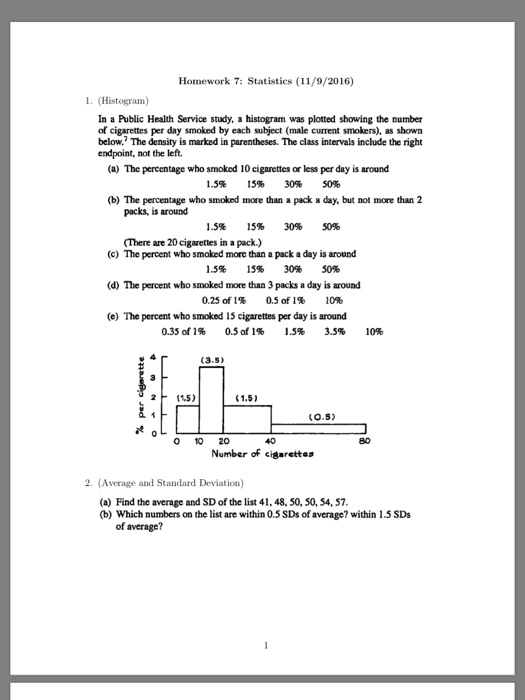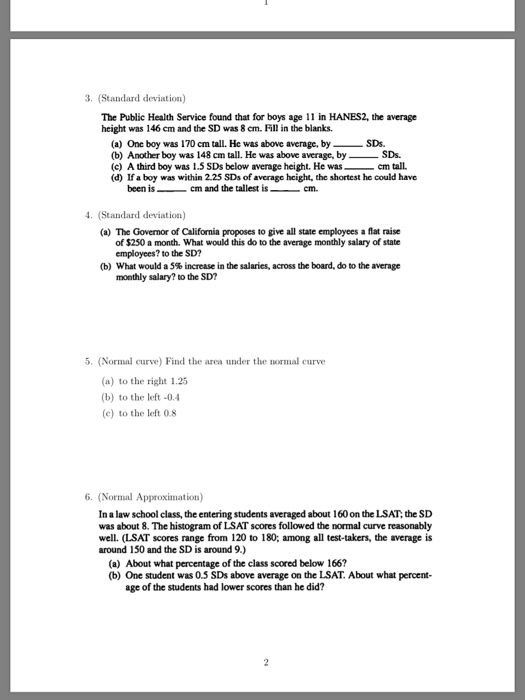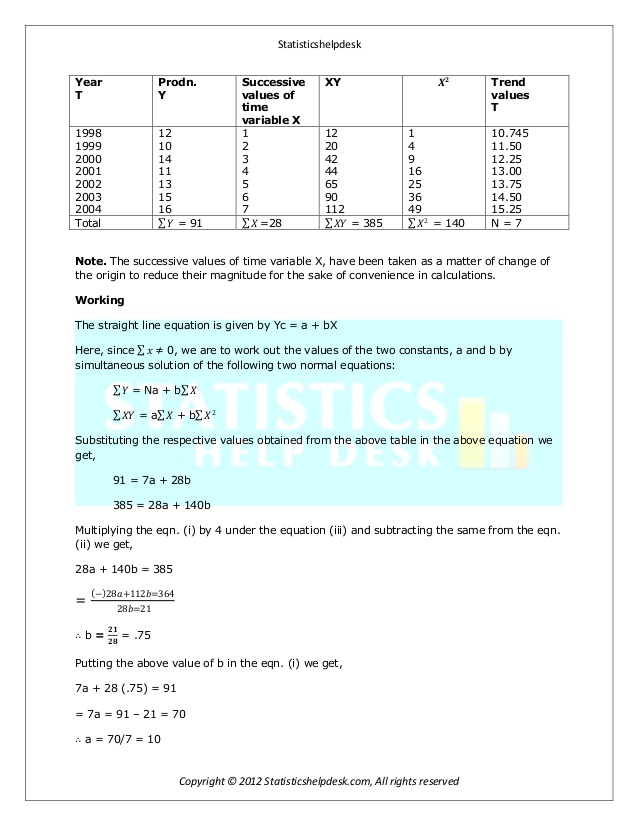Do you interested to find 'homework statistics 2016'? Here you can find your answers.
Table of contents
- Homework statistics 2016 in 2021
- Statistics about homework being bad
- Benefits of homework
- Statistics on homework stress
- Homework stress statistics
- Time spent on homework statistics
- Benefits of homework research
- Homework statistics 2020
Homework statistics 2016 in 2021
 This picture representes homework statistics 2016.
This picture representes homework statistics 2016.
Statistics about homework being bad
 This picture representes Statistics about homework being bad.
This picture representes Statistics about homework being bad.
Benefits of homework
 This image illustrates Benefits of homework.
This image illustrates Benefits of homework.
Statistics on homework stress
 This picture demonstrates Statistics on homework stress.
This picture demonstrates Statistics on homework stress.
Homework stress statistics
 This image illustrates Homework stress statistics.
This image illustrates Homework stress statistics.
Time spent on homework statistics
 This image demonstrates Time spent on homework statistics.
This image demonstrates Time spent on homework statistics.
Benefits of homework research
 This image shows Benefits of homework research.
This image shows Benefits of homework research.
Homework statistics 2020
 This image illustrates Homework statistics 2020.
This image illustrates Homework statistics 2020.
When did schools start setting how much homework?
Until 2012 schools in England were given formal advice on how much homework should be set, but schools now have more flexibility to design systems to suit their own students. International comparisons confirm that there is no one-size-fits-all approach to educational success.
How does homework affect the health of a student?
Homework can affect both students’ physical and mental health. According to a study by Stanford University, 56 per cent of students considered homework a primary source of stress.
How much homework do you get in a week?
But what do the experts say? It is quite a mixed picture. A big report for the Department for Education, published in 2014, concluded that students in Year 9 who spent between two and three hours on homework on an average week night were almost 10 times more likely to achieve five good GCSEs (A*-C) than students who did no homework at all.
What kind of research is done on homework?
The researchers used survey data to examine perceptions about homework, student well-being and behavioral engagement in a sample of 4,317 students from 10 high-performing high schools in upper-middle-class California communities. Along with the survey data, Pope and her colleagues used open-ended answers to explore the students’ views on homework.
Last Update: Oct 2021